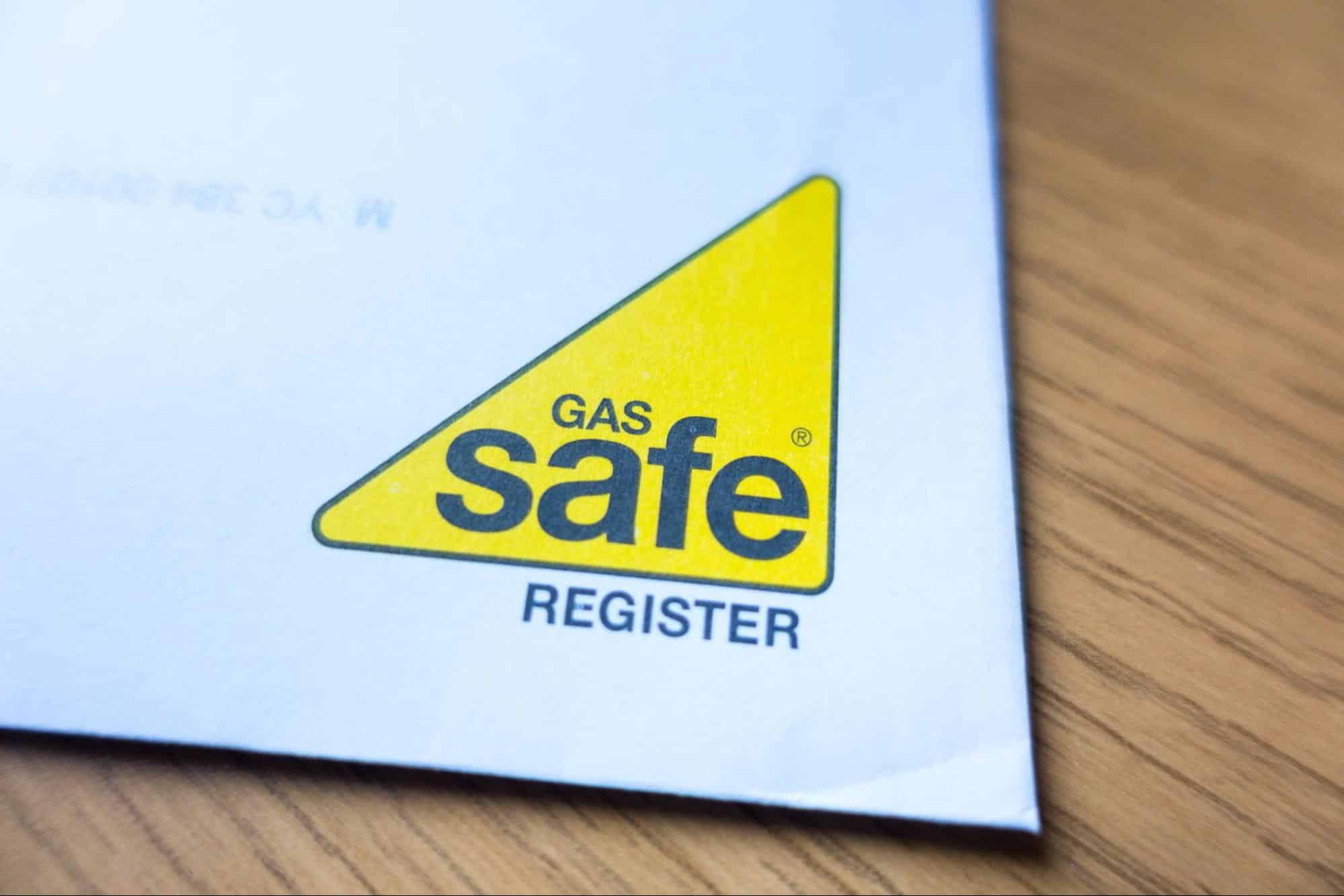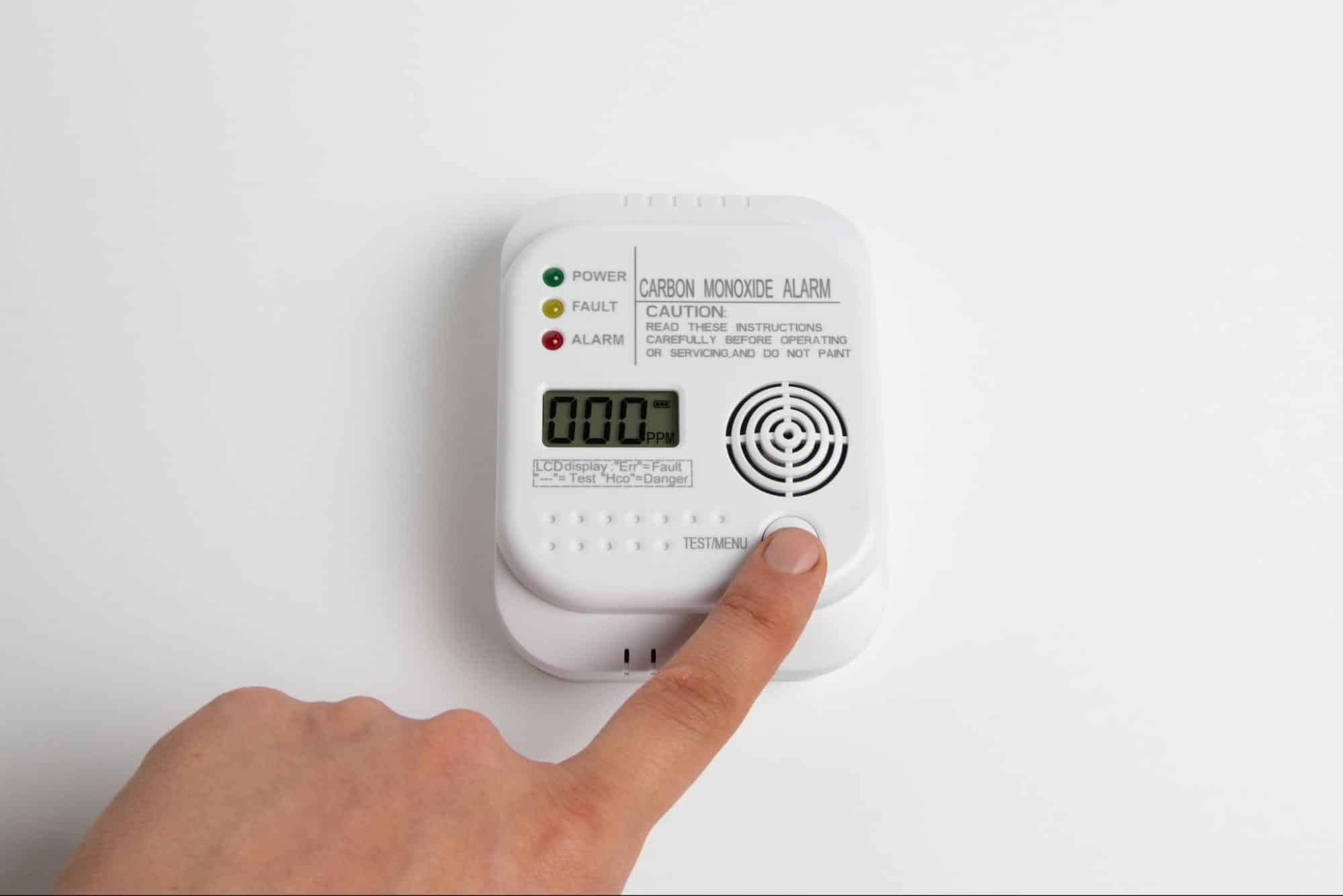
As a landlord in the United Kingdom, ensuring the safety of your rental property is of utmost importance. A crucial aspect of maintaining a safe living environment is the proper installation of boilers. With strict regulations in place, it is essential for landlords to understand the requirements and responsibilities around their boilers. In this article, we will outline key information that landlords should know to ensure the safe installation of boilers in their rental properties in the UK.

Gas Safe Registration:
Landlords must ensure that any gas work, including boiler installation, is carried out by a Gas Safe registered engineer. The Gas Safe Register is the official list of qualified engineers who are competent to work safely with gas appliances. It is essential to check the credentials of the engineer and their registration status before allowing them to install or service a boiler in your property.
Compliance with Building Regulations:
Boiler installations in the UK must comply with the relevant Building Regulations. These regulations specify the safety standards and requirements for various aspects of the installation process, including ventilation, flue positioning, and electrical connections. It is crucial to engage a qualified professional who is knowledgeable about these regulations to ensure compliance during the installation process.

Carbon Monoxide Alarms:
Landlords are legally obligated to install carbon monoxide (CO) alarms in any room that contains a solid fuel-burning appliance (e.g., a coal fire or wood-burning stove). While not a requirement for gas boilers, it is highly recommended to install CO alarms near gas appliances as an added safety measure. These alarms detect the presence of carbon monoxide, a potentially deadly gas, and provide early warning in case of a leak.
Regular Boiler Maintenance:
Once the boiler is installed, landlords must prioritize regular maintenance to ensure its continued safe operation. Annual servicing by a Gas Safe registered engineer is recommended to check for any potential faults, ensure efficient functioning, and address any safety concerns. Maintenance records should be kept as evidence of compliance and to demonstrate a commitment to safety.
Landlord Gas Safety Certificate:
Landlords are required to obtain a Gas Safety Certificate for each rental property, valid for 12 months, to confirm that gas appliances, including boilers, have been safely installed and are in good working order. This certificate should be provided to tenants before they move in and to new tenants when they start their tenancy. Retaining copies of these certificates is crucial for legal compliance and tenant safety.
Keeping Records:
It is essential for landlords to keep a comprehensive record of all boiler-related activities, including installations, servicing, repairs, and Gas Safety Certificates. These records should be maintained for at least two years and made available to tenants, relevant authorities, or gas engineers upon request. Keeping accurate records demonstrates compliance with safety regulations and helps ensure transparency and accountability.

Landlords have a legal and moral obligation to prioritize the safety of their tenants, and this extends to the proper installation and maintenance of boilers. By engaging Gas Safe registered engineers, complying with Building Regulations, installing carbon monoxide alarms, conducting regular servicing, and maintaining accurate records, landlords can fulfill their responsibilities and ensure the safe operation of boilers in their rental properties in Nottingham and the UK. Prioritising boiler safety not only protects tenants but also safeguards landlords against potential legal and financial liabilities.